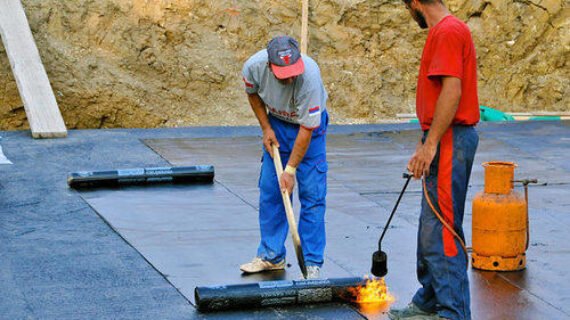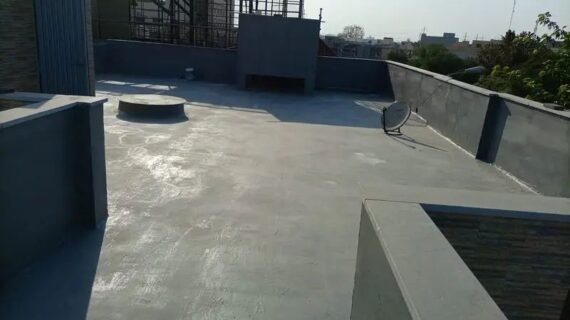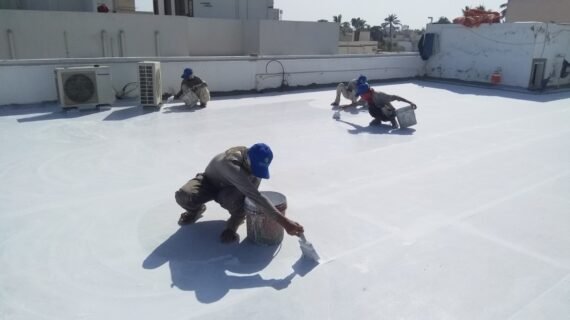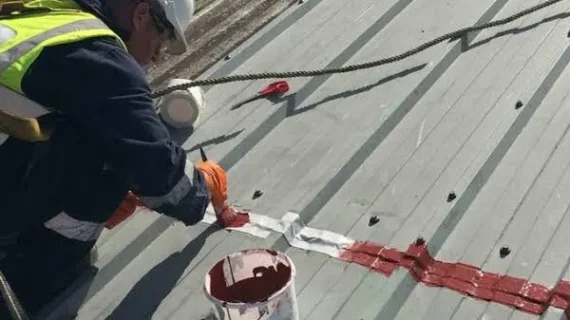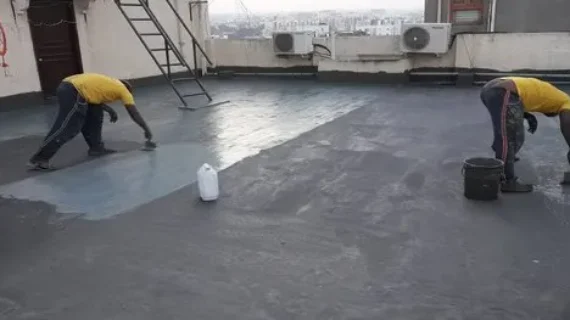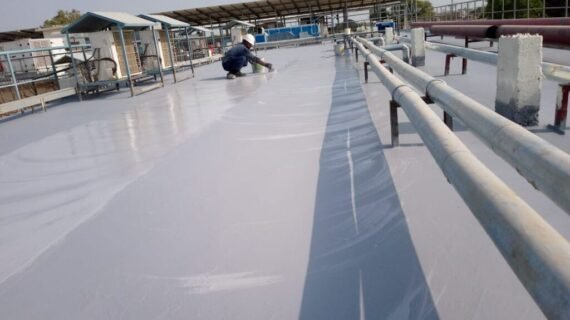Concrete Foam Pakistan
Foam Concrete in Pakistan: Applications, Benefits, and Sustainable Future
Foam concrete, also known as cellular lightweight concrete (CLC), is rapidly gaining popularity in Pakistan’s construction sector. As the country moves toward modern, efficient, and eco-friendly construction methods, foam concrete is proving to be a game-changer. This lightweight, flowable concrete is created by mixing cement, water, and a foaming agent, resulting in a material that’s not only easy to use but also ideal for a wide range of applications in both residential and commercial construction.
In this article, we’ll explore:
What foam concrete is
How it’s used in Pakistan
Curing times under local climatic conditions
Eco-friendliness and sustainability
Availability of certified suppliers and contractors
Its benefits for infrastructure development
Suitability for home construction
10 frequently asked questions (FAQs)
What Is Foam Concrete?
Foam concrete is a versatile, lightweight material made by adding a foaming agent to a cement-based slurry. The foam introduces air bubbles into the mix, significantly reducing its weight while maintaining structural integrity. It typically has a density range from 300 to 1600 kg/m³.
The key components include:
Cement
Water
Foaming agent (organic or synthetic)
Optional additives (like fly ash, sand, or lime)
This type of concrete is self-compacting, fire-resistant, and thermally insulating, making it ideal for a range of uses from insulation and void filling to structural walls and floors.
How Is Foam Concrete Used in Pakistan?
In Pakistan, foam concrete is used in various sectors due to its adaptability and performance under diverse conditions. Some common applications include:
1. Road and Infrastructure Projects
Used as a sub-base material or void filler, especially in areas with unstable soil or where lightweight solutions are needed to reduce structural load.
2. Roof Insulation
Due to its thermal properties, foam concrete is commonly applied as roof insulation in cities like Lahore, Karachi, and Islamabad to combat high summer temperatures.
3. Void Filling
Ideal for filling abandoned pipelines, tunnels, basements, or other cavities where traditional concrete might be too heavy or over-engineered.
4. Lightweight Blocks and Panels
Manufactured as prefabricated blocks or panels for low-cost housing and boundary walls, especially in government-subsidized construction projects.
5. Foundation and Floor Screeds
Foam concrete is used as an underlay for flooring, helping to level surfaces while adding thermal insulation.
How Long Does Foam Concrete Take to Cure in Pakistan’s Climate?
Curing time for foam concrete can vary depending on weather, humidity, and density. In Pakistan’s climate — which features hot summers, mild winters, and monsoon rains — typical curing timelines are:
Initial setting time: 4 to 6 hours
Final setting time: 24 to 48 hours
Full curing time: 7 to 28 days
Climate-Based Considerations:
Summer (30°C – 45°C): Fast curing, may require misting to avoid rapid drying and cracking.
Winter (5°C – 15°C): Slower curing, may require protection from cold winds.
Monsoon season: Protective coverings or indoor curing are recommended to prevent waterlogging or erosion.
Curing practices in Pakistan must be adapted to each season to ensure structural integrity and avoid shrinkage or cracks.
Is Foam Concrete Eco-Friendly and Sustainable for Green Construction in Pakistan?
Yes, foam concrete is considered a sustainable material and is aligned with green construction practices for several reasons:
1. Low Raw Material Use
Foam concrete uses less cement and aggregates compared to traditional concrete, reducing its environmental footprint.
2. Recyclable
It can incorporate recycled materials like fly ash and construction waste, which reduces landfill contributions.
3. Thermal Insulation
Its insulation properties reduce the need for artificial cooling, lowering energy consumption and greenhouse gas emissions.
4. Minimal Water Usage
Foam concrete requires less water than conventional concrete, an important consideration in water-stressed regions of Pakistan.
5. Low Transportation Costs
Its lightweight nature reduces the fuel consumption of transportation vehicles, decreasing carbon emissions.
With increasing environmental regulations and urban planning challenges in Pakistan, foam concrete offers a viable solution for building smarter and more sustainably.
Are There Any Certified Suppliers or Contractors for Foam Concrete in Pakistan?
Yes, several certified and experienced contractors offer foam concrete services across major Pakistani cities. While the industry is still growing, the following are some known players:
1. Unicorn Chemical Pvt Ltd (Lahore)
Offers high-quality foam concrete and is certified in construction chemical applications and eco-friendly solutions.
2. MasterFoam Construction (Karachi)
Specializes in foam concrete production and application for large-scale infrastructure and industrial flooring.
3. Pak Foam Concrete (Islamabad)
A pioneer in North Pakistan, providing foam concrete blocks and insulation services.
When selecting a contractor, always check:
ISO certifications
Past project experience
Product material testing reports
Warranty or quality guarantees
Most reputable firms also offer customized mix designs suited for local conditions and project needs.
What Are the Benefits of Using Concrete Foam in Pakistani Infrastructure Projects?
Foam concrete offers multiple advantages, especially for Pakistan’s growing urban and rural infrastructure needs:
1. Reduced Structural Load
Ideal for bridges and overpasses, foam concrete minimizes stress on foundations.
2. Fast Construction
Its flowable nature and quick setting times enable faster project completion.
3. Improved Thermal Insulation
Useful in cities like Multan and Faisalabad, where summer heat peaks above 45°C.
4. Cost-Effective
Less material consumption, faster work, and low labor costs make it budget-friendly.
5. Versatile Applications
Can be used in roads, airport runways, drainage channels, and more.
6. Earthquake Resilience
Lightweight structures built with foam concrete have lower inertia during seismic activity, reducing potential damage.
Can Concrete Foam Be Used for House Construction in Pakistan?
Yes, foam concrete is increasingly being used in low-rise and mid-rise residential buildings across Pakistan. It is suitable for:
Walls and partitions
Roof slabs and insulation
Soundproofing interiors
Prefabricated houses in remote or flood-prone areas
Advantages for Residential Use:
Thermal comfort without heavy reliance on ACs
Noise reduction in urban housing colonies
Lightweight load, reducing foundation costs
Fire resistance, especially important in dry regions like Balochistan
However, it’s essential to consult with an architect or structural engineer to ensure the right mix design and application techniques are used for structural components.
Conclusion
Foam concrete is transforming the construction landscape in Pakistan by offering a lightweight, cost-effective, and eco-friendly alternative to traditional building materials. Its growing use in both infrastructure and residential projects signals a shift toward more sustainable building practices. With increasing awareness, technological advancements, and the rise of certified local suppliers, foam concrete is poised to play a central role in the country’s future development.
Trusted Nationwide Services by Unicorn Chemical Pvt. Ltd.
Unicorn Chemical Pvt. Ltd. is a trusted name in Pakistan’s construction and chemical solutions industry. With over 20 years of experience, we proudly serve clients nationwide, delivering high-quality products and expert services backed by a team of seasoned professionals.
We offer a wide range of construction chemicals and specialized services, including:
Foam Concrete Supply & Application
Roof Heat Proofing
Waterproofing Solutions
Epoxy Flooring & Industrial Coatings
Termite & Pest Control Services
Concrete Admixtures & Sealants
Crack Repair & Surface Protection
Cementitious and Polyurethane Coatings
Why Choose Unicorn Chemical Pvt. Ltd.?
✅ Nationwide Service Network
✅ 20+ Years of Market Trust
✅ Certified and Experienced Technical Team
✅ Customized Solutions for Every Project
✅ Reliable After-Sales Support
Whether you’re working on a small residential project or a large-scale commercial development, Unicorn Chemical Pvt. Ltd. is your reliable partner for durable, efficient, and innovative construction chemical solutions across Pakistan.
Top 10 Frequently Asked Questions (FAQs)
1. Is foam concrete load-bearing?
Yes, in specific densities (typically above 1200 kg/m³), foam concrete can be used for load-bearing walls in low-rise buildings.
2. Is foam concrete more expensive than regular concrete?
Initially, yes—but it can save costs in labor, transportation, and insulation in the long run.
3. Can foam concrete be made on-site in Pakistan?
Yes, mobile foam concrete machines are available and widely used by contractors for on-site mixing.
4. Is foam concrete waterproof?
By itself, it is water-resistant but not fully waterproof. Additives or surface treatments can enhance its waterproofing.
5. Can it be used in earthquake-prone areas like Northern Pakistan?
Yes, its lightweight nature reduces structural inertia, making it suitable for seismic zones.
6. Is foam concrete suitable for cold climates like Murree?
Yes, its thermal insulation properties make it ideal for both hot and cold regions.
7. What is the compressive strength of foam concrete?
It ranges from 1 MPa to over 25 MPa depending on density and mix.
8. Are there government approvals or building codes for foam concrete in Pakistan?
While not widespread, some local authorities accept foam concrete based on engineering approval and test results.
9. Can foam concrete crack?
Yes, improper curing or over-drying in hot weather can cause surface cracking. Proper curing methods are essential.
10. How long can foam concrete last?
Properly applied foam concrete can last over 50 years, making it a durable choice for long-term projects.


